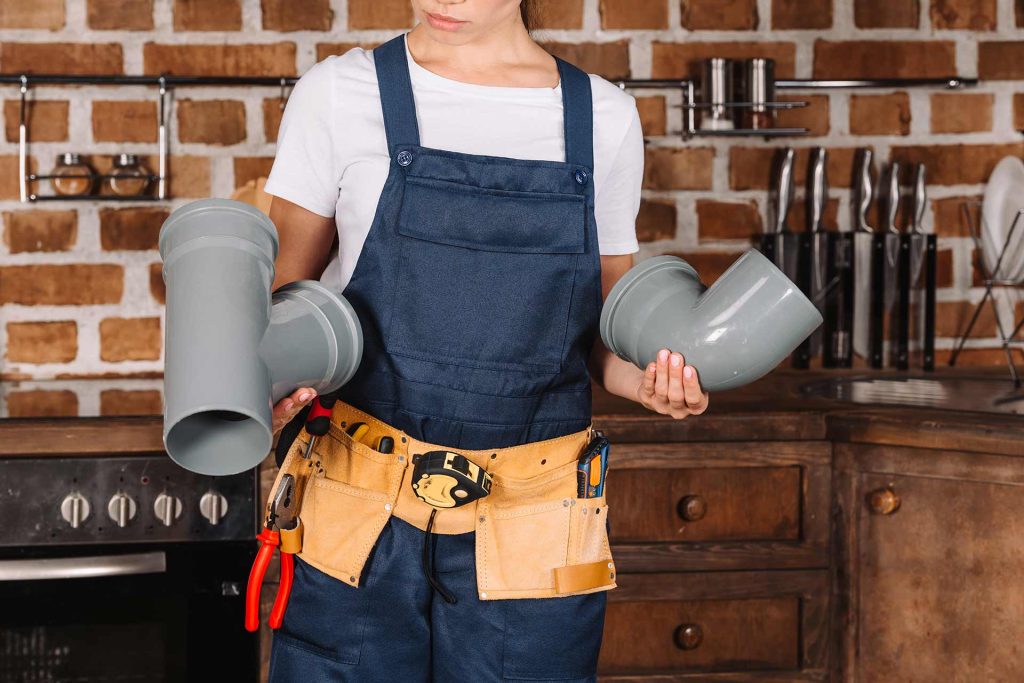
Plumbing leaks are one of the most common problems faced by homeowners, and they can cause significant damage if left unchecked. A small drip from a faucet might seem harmless, but over time it wastes a lot of water and increases bills. Preventing leaks starts with regular inspection of your plumbing system at home. Check faucets, showerheads, and visible pipes frequently for signs of wear and tear. Even a small crack or rust on a pipe can lead to bigger problems later. Early detection is always better than costly repairs. Most leaks occur because of worn-out washers, loose connections, or corrosion in the system. Keeping your plumbing well-maintained reduces these risks. Preventive measures save money and protect your home from water damage. Every homeowner should make leak prevention a top priority.
One effective way to prevent leaks is to monitor your water pressure regularly. High water pressure may seem like a good thing, but it can put unnecessary strain on your pipes. Over time, excessive pressure can cause joints and seals to weaken, leading to leaks. Installing a water pressure regulator helps maintain a safe level of pressure throughout your home. Most plumbing experts recommend keeping the pressure between 40 and 60 psi. A simple gauge from the hardware store can help you measure it easily. If your water pressure is consistently too high, call a plumber to inspect your system. Regulating water pressure not only prevents leaks but also extends the life of appliances. This step is small but very effective in long-term plumbing care.
Another important aspect of leak prevention is regular maintenance of faucets and fixtures. Dripping faucets usually occur due to worn-out washers or seals. Replacing these small parts is inexpensive and prevents water waste. Showerheads should also be cleaned regularly to avoid buildup that may cause leaks around connections. Pay attention to slow drips because they often signal a bigger issue. Homeowners should avoid using too much force when turning taps off, as this weakens components. Regularly tightening loose handles or connections is a good habit. Maintenance does not require advanced skills, and many tasks are simple DIY projects. With just a few tools and awareness, you can prevent many plumbing leaks at home.
Pipes hidden inside walls and under floors are harder to monitor, but they should not be ignored. Signs like damp walls, mold growth, or musty smells can indicate hidden leaks. If you notice these, it’s best to call a professional plumber immediately. Regular inspections by professionals can catch issues that are not visible to homeowners. Plumbers use advanced tools like cameras to check inside pipes for potential problems. Preventing leaks behind walls saves homeowners from expensive structural repairs. Routine professional checkups at least once a year are highly recommended. These inspections provide peace of mind and prevent long-term damage. Professional maintenance may seem like an extra cost, but it saves much more in the future. Investing in inspections is part of responsible homeownership.
Water heaters are another common source of leaks in many households. Over time, sediment builds up inside the tank, which leads to corrosion and cracks. Regularly flushing your water heater helps prevent these issues. Inspect the tank and connections for signs of rust, moisture, or dripping water. Small leaks around the heater should never be ignored. It is better to replace worn-out components than to risk a full tank burst. Installing a drip pan under the water heater also helps manage minor leaks safely. Maintenance extends the life of your water heater and prevents costly replacements. Many plumbers recommend annual servicing of water heaters to ensure efficiency and safety. Taking care of this appliance is essential for leak prevention at home.
Finally, homeowners should develop habits that support long-term plumbing health. Avoid pouring grease, oils, or food scraps down drains, as they cause blockages that lead to leaks. Insulate exposed pipes during winter to prevent freezing and bursting. Educate your family about proper water usage and how to spot early signs of leaks. Simple actions, like turning off taps completely, make a big difference. Keep a record of all plumbing repairs and inspections for future reference. Schedule routine maintenance with a trusted plumber and never postpone small repairs. A proactive approach saves money, time, and stress in the long run. Leak prevention is about consistency, awareness, and responsibility. By caring for your plumbing system, you protect your home and your family’s comfort. Prevention is always better than cure.
